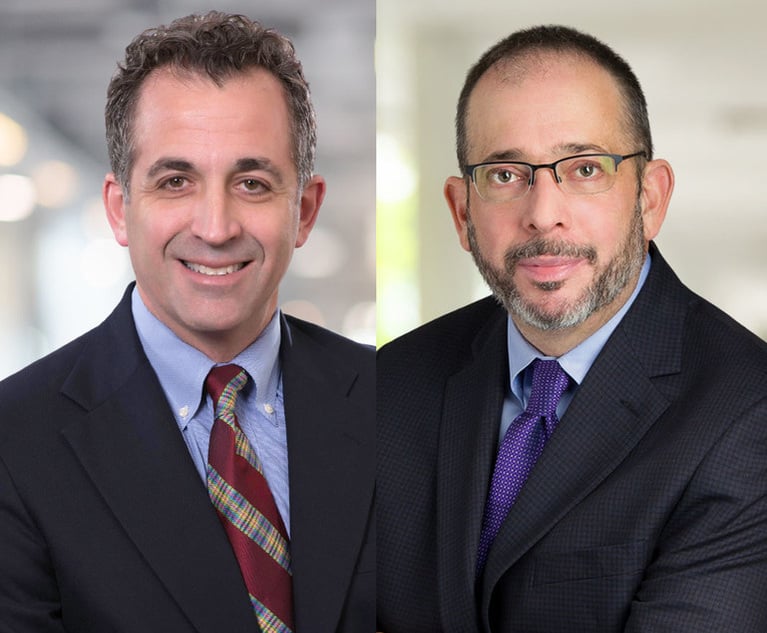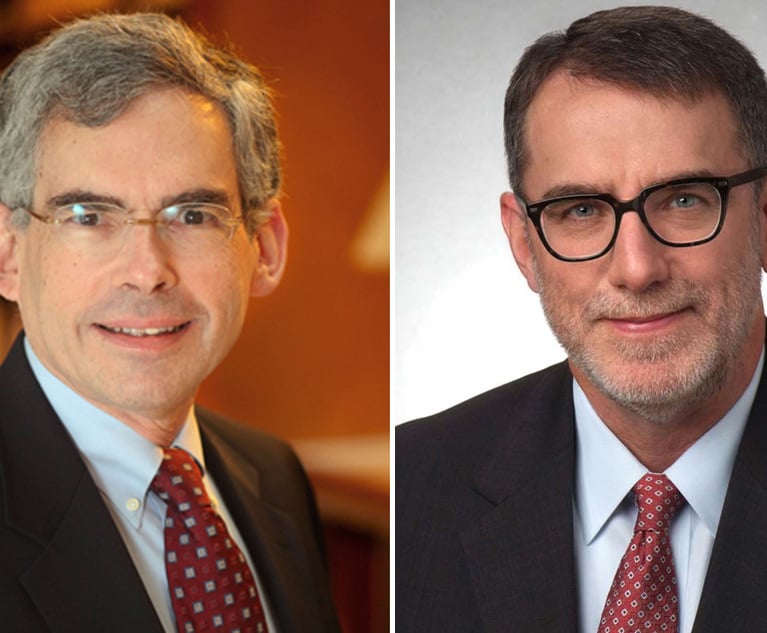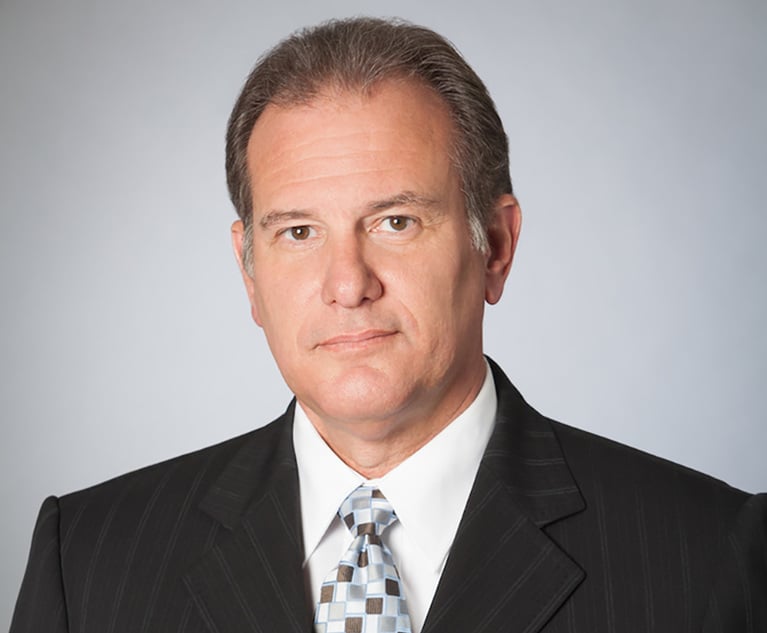The Florida Supreme Court could soon decide to reduce protection of attorney-client privileged information for insured professionals increasing their reputational risks. In Arch Insurance v. Kubicki Draper, Case no.: SC19-673 (Fla.), insurance carriers ask the court to allow them the right to prolong litigation relating to insured claims, provoking defense lawyers to reveal the insureds’ confidential, privileged, and negative information, and keeping the insured’s alleged mistakes and wrongdoing in the courts and press long after the original insured claim has been settled. Is this what professionals and others bargained for when they bought professional liability policies?
Florida adheres to the rule that only clients should be able to sue lawyers for negligence. In the near future, the Florida Supreme Court will decide whether to treat insurance carriers as clients of defense counsel, without the consent of the insured, so that carriers can sue counsel appointed to represent their insured policy owners. Significant conflicts arise between insured and insurer—and between former clients and defense counsel—with respect to such suits.


 Deborah Corbishley, Shareholder, Kenny Nachwalter, Miami.
Deborah Corbishley, Shareholder, Kenny Nachwalter, Miami.




